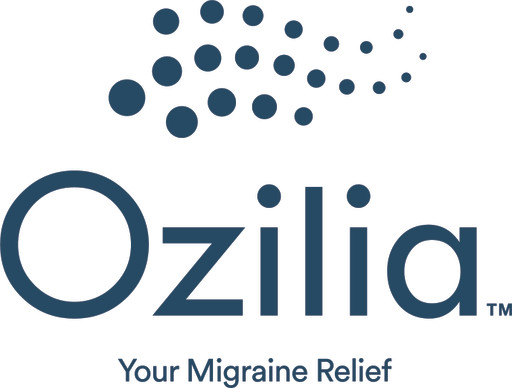Chordate Medical har tecknat avtal med Kalqyl om rapportbevakning och uppdragsanalyser. Samarbetet innefattar oberoende bevakning av bolaget och dess marknadspotential med ett värderings-scenario ur en potentiell köpares perspektiv.
– Vår ambition är att aktieägare och intressenter ska ha tillgång till en relevant analys av bolaget och den marknadspotential som linjerar med bolagets strategi. Kalqyls tidigare arbete visar på mycket god marknadsförståelse och välgrundade analyser av noterade bolag, säger Anders Weilandt, vd Chordate Medical.
– Chordate är ett spännande bolag. Att utgå ifrån perspektivet hos en potentiell köpare av bolaget är ett nytt sätt att göra en bolagsanalys för oss, men samtidigt den mest rimliga utgångspunkten, säger David Uhrner, vd Kalqyl.
Om Kalqyl
Kalqyl är ett analysbolag med en snabbväxande plattform och en unik räckvidd bland nordiska investerare. Kalqyls analyser hjälper bolag att tydliggöra sin affärsidé och investerare att bättre förstå dess verksamhet. Kalqyl är ett helägt dotterbolag till Spotlight Group som förvärvades under augusti 2021.


